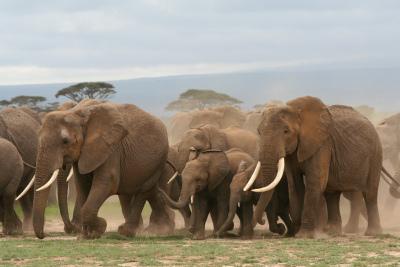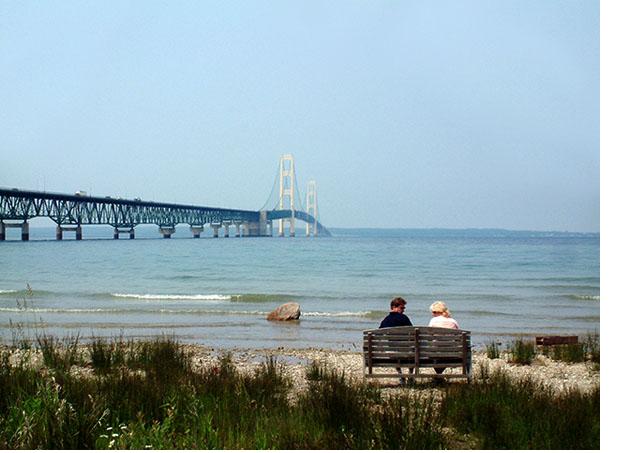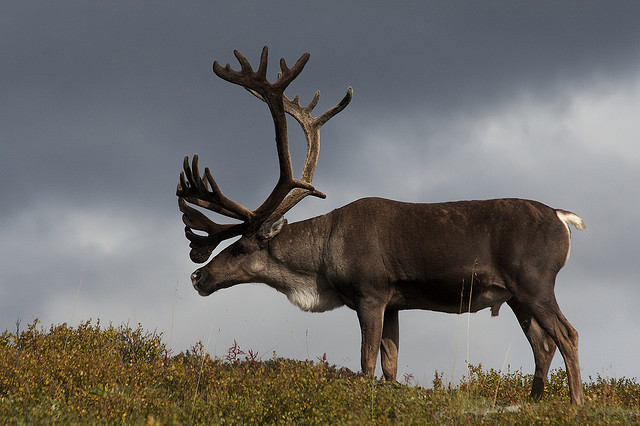Climate Science
All Stories
-
Newt Gingrich will never be president; I will never stop loving this video
Remember Al Gore’s “We” campaign on climate change? Boy that was a game-changer, wasn’t it? Sigh. However, it did leave us with at least one delightful cultural curio, namely this commercial with Nancy Pelosi and Newt Gingrich sitting on a couch, talking nice about climate change: I never get tired of it! Newt Gingrich will […]
-
Eco-shocking the airwaves
For his podcast, Radio Ecoshock, Alex Smith interviews mostly off-the-radar authors, scientists, and activists about the climate crisis.
-
Critical List: Durban climate talks begin today; UK secretly supporting tar sands
This year's international climate negotiations begin today in Durban, South Africa. This round of talks is basically the opposite of Copenhagen: hopes for anything at all happening are very, very low. The British government has been supporting Canada's tar sands projects in secret. One new study found that the climate is less sensitive to carbon […]
-
Can the Durban climate negotiations succeed?
Photo: DG EMPL Cross-posted from An Economic View of the Environment. Two weeks of international climate negotiations begin today in Durban, South Africa. These are the Seventeenth Conference of the Parties (COP 17) of the United Nations Framework Convention on Climate Change (UNFCCC) [PDF]. The key challenge at this point is to maintain the process […]
-
Julian Rodriguez-Drix: An organizer whose lectures ruffle feathers
Grist is proud to present the Change Gang — profiles of people who are leading change on the ground toward a more sustainable society and a greener planet. Some we’ve written about before; some are new to our pages. Some you’ll have heard of; most you probably won’t. Know someone we should add to the […]
-
Prizewinning research: How to fight elephants with bees
British scientist Lucy King has won a prestigious environmental award for her research, but she should also maybe get a movie deal. The substance of her research is using bees to scare off elephants, which could make an excellent blockbuster, with the addition of a few explosions and maybe a robotic bee carapace. Also, as […]
-
Great Lakes fish triumph over invaders
The story of invasive species usually goes something like a particularly dark zombie movie — the invasive species kills everything else and thrives, changing the planet forever. But in the Great Lakes, a different story is playing out, one in which the natives win. In addition to evil zebra mussels, transatlantic shipping has brought a […]
-
Super cute video of penguins released after oil spill cleanup
If hanging out with the people who know just what a profoundly alone, naked ape you are has got you down, ThinkProgress has the cure for your post-Thanksgiving blues. Since a cargo ship leaked 350 tons of oil in New Zealand — marking the nation’s “most significant environmental maritime disaster” — more than 2,000 seabirds have […]
-
Pardoned turkeys go to Disneyland
Did you know that the turkey pardoned by the president then gets shipped off to Disneyland or Disney World to lead the Thanksgiving parade? (It seems like short notice — maybe they only pardon turkeys who can already twirl a baton.) I didn't, but that's because I haven't thought about turkey pardoning nearly as deeply […]
-
‘Lost’ caribou herd was behind the couch the whole time
The Beverly herd of caribou, 276,000 strong, had apparently vanished off the face of the planet last time scientists surveyed the tundra. Turns out, they just moved. There aren't quite as many of them as there were, but the herd is safe and sound a bit further north and closer to the coast. And now […]







